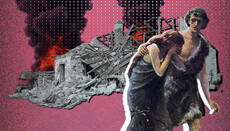What Eurovision brings us, or What is behind the scenes
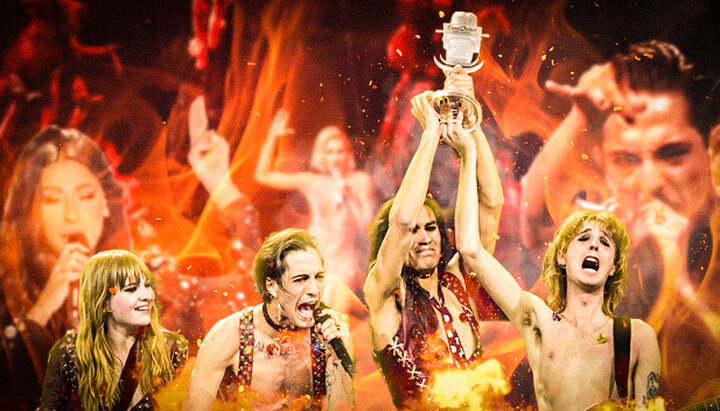
Over the years, the main song contest in Europe is increasingly turning into a platform for preaching openly anti-Christian and even satanic views. Sad but true.
Every year a Eurovision song contest is held in one of the cities of Europe. And every year we are even more convinced that Eurovision is not about singing and not about art. It is more about how modern Europe lives and how it will live in the near future. This is clearly supported by the fact that every year the emphasis on this show is shifting towards religion and faith. Moreover, this religiosity – with a minus sign. In other words, the popular song contest turns into a stage for promoting moral perversion and Satanism. Do you have any doubts about this? Let's figure it out.
A propaganda platform
The Eurovision Song Contest has been held annually since 1956 and is one of the most popular non-sporting events in the world, with an audience of up to 600 million viewers. The lion's share of the audience is undoubtedly young people. That is, people who are just forming their own outlook on life, and who can be significantly influenced while shaping these very views. How? It's very simple: to give a vivid example to follow. Young people, due to age peculiarities, always look for those whom they want to be like, whom they want to imitate.
It is clear that the artificial creation of "idols" for young people requires a lot of effort and a lot of money. Even more work needs to be done to ensure that these “idols” remain “idols”. In this sense, creating a platform that promotes the necessary images and meanings, and waiting for them to bear fruit is an excellent solution for those who want to implant their ideas in public consciousness.
Eurovision is perfect for this purpose. It has everything you need: a huge audience, sufficient popularity of the competition itself, a large number of young people. What ideas does Eurovision promote today? A lot can be understood if you look at the participants in the competition, and especially at its winners. The winners are those who were considered the best by the jury and the audience. So let's see who is considered the best among us.
Freaks and perverts contest?
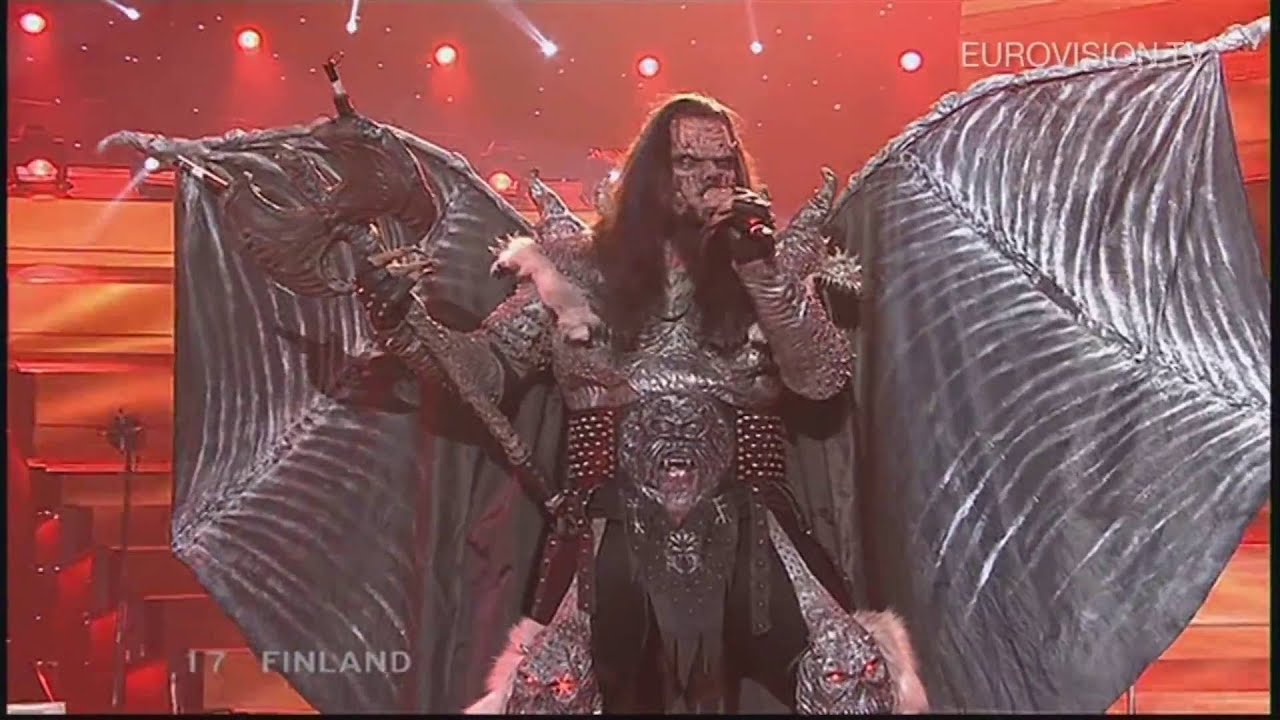
Since the beginning of the 2000s, Europe's main song contest is increasingly reminiscent of a contest for freaks and perverts, with a gradual tilt towards Satanism. So, in 2002 the vocal trio "Sestre" ("Sisters"), consisting of transvestites in the costumes of flight attendants, performed from Slovenia. In the final, they took an insignificant 13th place. However, after the competition, the Slovenian media wrote: "Perhaps, thanks to the Sisters, our country will receive a little more attention at the international competition." Not a very common way to make yourself known, isn't it?
In 2006, the whole sane world was shocked by the performance of the Finnish English-speaking hard rock band Lordi, who took the stage in masks and monster costumes, performing the song "Hard Rock Hallelujah" (Hallelujah). In Finland itself, the group was considered satanic, however, despite this, it was Lordi who took the first prize of Eurovision. It happened in Orthodox Greece.
One cannot but recall the participation of our Andrei Danilko in 2007 in the main song contest of Europe, who appeared on the stage as a female with huge breasts in a shiny outfit and with a star on his head. He claimed that he approached his participation in the competition with humor and was only going to "entertain" the audience. But the public took his image quite seriously and “entertained” so much that the travesty artist (the European public interpreted his image just like that) almost won the Eurovision Song Contest, taking second place.
Since the beginning of the 2000s, Europe's main song contest is increasingly reminiscent of a contest for freaks and perverts, with a gradual tilt towards Satanism.
Further more. In 2008, it was not even a person who appeared on the stage of the song contest, but the puppet “Turkey Dustin” with the song “Irelande douze pointe” (“Twelve points of Ireland”). True, he did not make it past the semifinals.
Eurovision continues its drift towards perverts, and in 2014 the winner of the competition is a bearded "woman" – Austrian Thomas Neuwirth, who chose the stage name Conchita Wurst. He performed a song with a rather transparent religious connotation – "Rise Like a Phoenix" ("I will rise like a Phoenix"). True, in the mouth of a pervert, this subtext acquired a very blasphemous connotation.
"There is no God in my house ..."
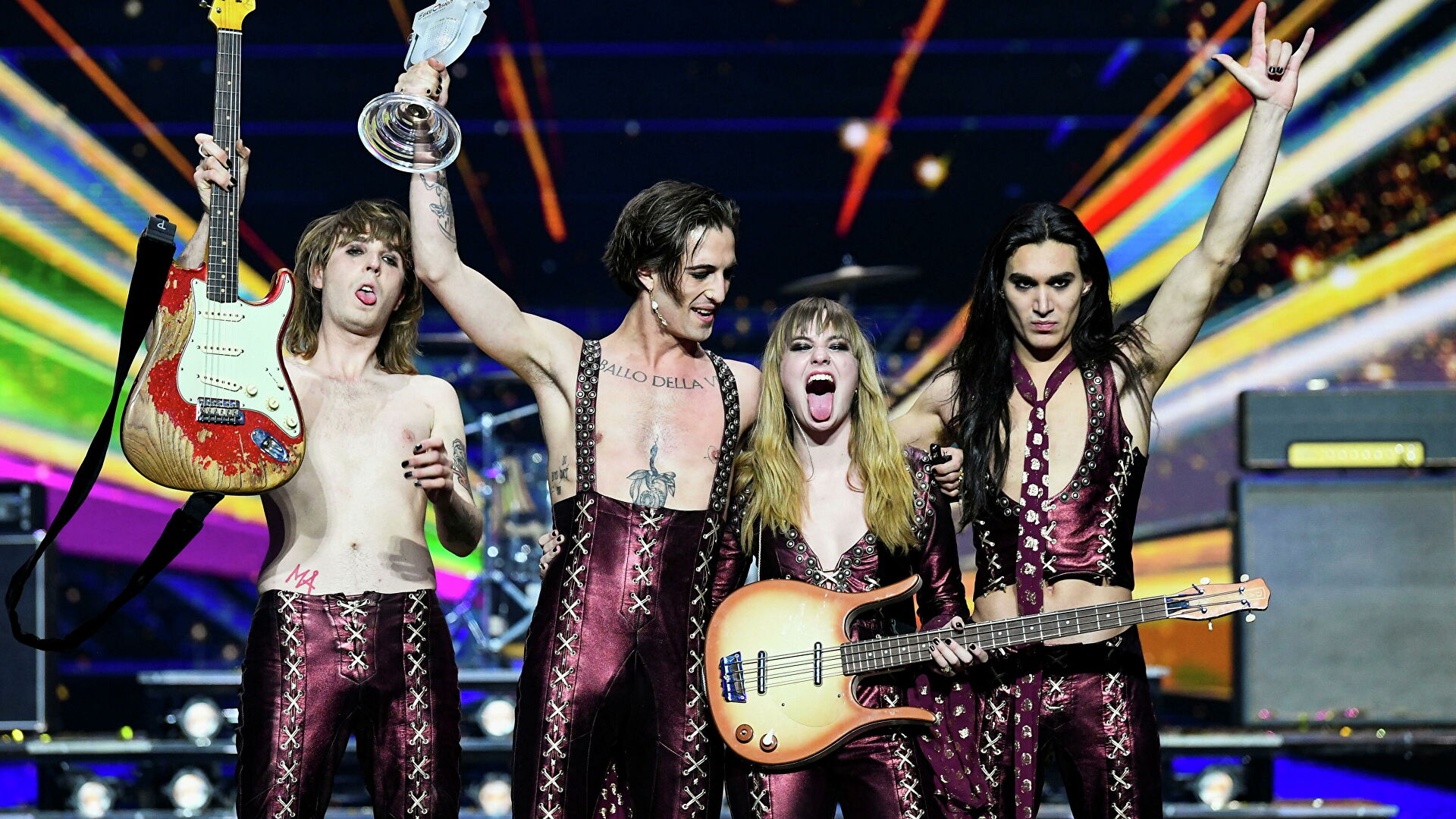
In 2021, the Italian group Maneskin with the song Zitti E Buoni becomes the winner of the European song contest. Many music connoisseurs breathed a sigh of relief: finally, good old rock won the victory. In addition, the soloist Maneskin is almost the only heterosexual at Eurovision (though the artist's appearance makes you doubt this). However, not all so simple.
Without a doubt, we can say that Eurovision-2021 was held according to some devilish scenario. Thus, the competition opened in black and red tones, and the first song performed was the composition of the performer from Cyprus Helena Tsagrinu entitled "El Diablo", "The Devil". This song was actively opposed by the Synod of the Cypriot Orthodox Church, individual bishops and priests of Cyprus, laymen and simply all those who consider themselves a believer in God. But "El Diablo" was not withdrawn from the competition.
And it is not surprising – Tsagrin's song with clear allusions to Satan and dark forces was not the only one. For example, the Finns presented the composition "The Dark Side", Norway - "Fallen Angel", Great Britain – "Embers", the Albanians – "Karma", the Dutch sang about "Birth Of A New Age".
Well, the already mentioned song "Zitti E Buoni" ("Quiet and Peaceful") won. It would seem the most normal name, right? And what does Satanism have to do with it? Judge for yourself. Here is an excerpt from the text "Zitti E Buoni":
But if you understand the meaning of time
You'll rise back up from your oblivion
And no wind can stop
Natural power
From the right point of view
You can feel the euphoria brought by the wind
With wings of wax on my back
I'll seek out that height
If you're trying to stop me, try again
Try and cut my head off
Because I'm out of my mind, just not like them
And you're out of your mind, just not like them
We're out of our mind, just not like them
We're out of our mind, just not like them
Te Deum?
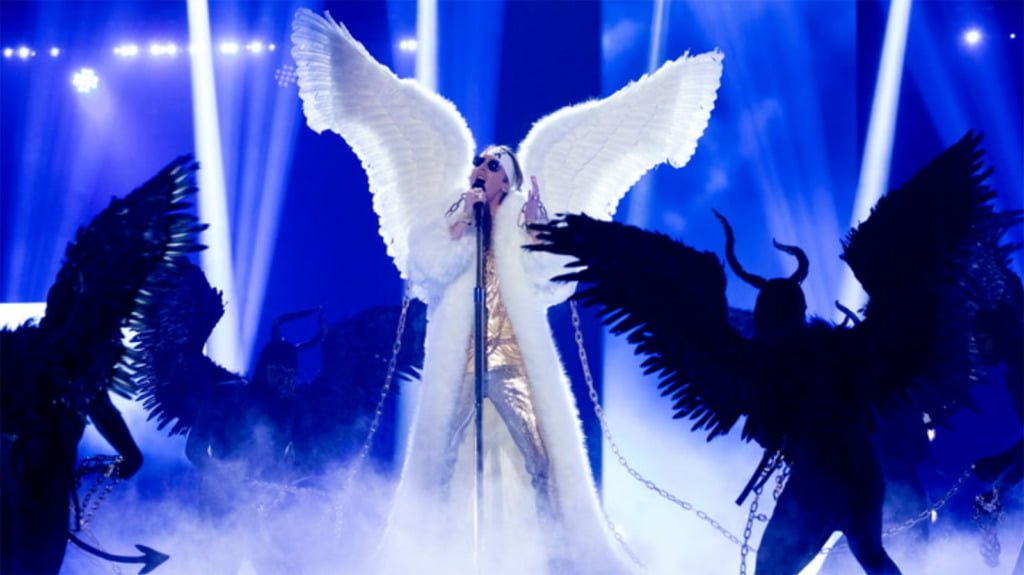
Sixty years ago, the organizers of the competition decided to make the old Christian anthem “Te Deum” (from the first words from Latin – “Te Deum laudamus”) the Eurovision anthem, the music for which was written by the 17th century composer Marc-Antoine Charpentier. Among Orthodox Christians, this hymn is better known as "We praise you, God." According to the legend, its author is considered to be Saint Ambrose of Mediolan.
Here is the gradual transformation of Te Deum from the first day of Eurovision to the modern sounding:
It is interesting that the "Te Deum" hymn is the first thing that the hero of Dante's "Divine Comedy" hears when the door of Purgatory is thrown open in front of him:
“I looked up as she thundered,
And I heard how through the joyful buzz
The distant Te Deum flew by.
And exactly the same thing happened here,
What we have all heard many times
When they stand and sing to the organ,
And the singing is sometimes intelligible, sometimes indistinct."
Is it an accident that the founders of Eurovision chose Te Deum as their anthem? If you look at what the song contest has become today, the conclusion is unambiguous – no, not by chance. In fact, Eurovision is already a kind of presentiment of hell, a pre-vision of what awaits behind the grave of sinners. Gradually, from the show of transvestites, perverts and representatives of the LGBT community, this competition slides into explicit, undisguised Satanism.
The Eurovision "bar" is falling even lower. No one has discovered new names in the music world for a long time at this event, since it is not for those who sing, but for those who are in the mainstream. The mainstream today is regrettably not just atheistic and secular, but openly anti-Christian and even satanic.
"There is no God in my house ..." sings the lead singer of the Eurovision-2021 winning group. Indeed, if you look at him, as well as at most of the participants in this competition, it becomes clear that there is no God in their house. But what if the house he sings about is all of Europe? Is there still place for God in it?
Or ... is the Italian artist right?

